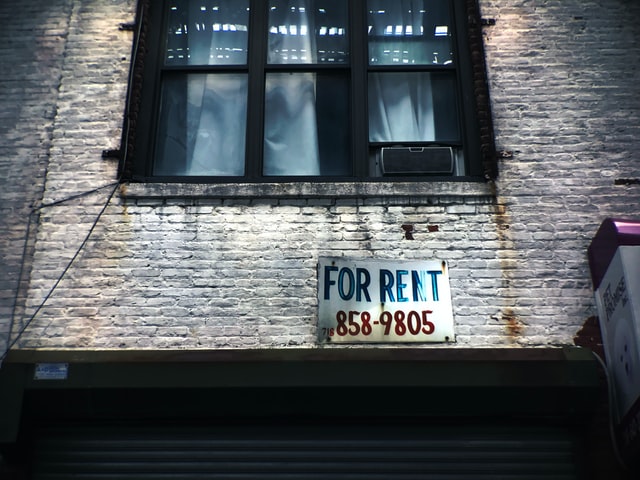Owning rental properties can be a great way to make money. However, it's not for everyone. You need patience and discipline when you're running rental properties to ensure that the tax deductions and tax breaks are taken advantage of in order to maximize your rental income. It is important to keep up with rental property maintenance as well, this will help minimize the chance of break-ins or other problems which could lead to an eviction notice being served on you by the landlord.
As rental property owners, we are always juggling when to fix a leaky toilet or replace the carpets. But there is more to rental ownership than just these repairs. You need to keep an eye on your tax liability and take advantage of allowable deductions and tax breaks that can help reduce it. The rental property business has long been a popular way to make money. Whether you are an investor or a landlord, rental properties can be great for your bottom line. However, rental ownership is not without its challenges and risks. One of the biggest risks is that you'll lose money on one rental property while another performs well enough to cover it up – meaning you could have negative cash flow if a tenant moves out after paying rent late, causing the next tenant to move in early and pay less than what was agreed upon with their previous landlord. This situation leaves many landlords scrambling for answers like bankruptcy or selling off assets (like their rental properties) in order to get back on track financially.
Rental properties have their own unique set of rules, rental tax deductions and rental property losses. The IRS offers a number of rental property tax deductions that can really help your bottom line if you know how to take advantage of them. Tax law changes frequently so it is important to stay up-to-date with the latest information in order to make sure you are taking full advantage of all available rental property tax breaks.
If you don't currently have rental properties, it may not be time for a rental property yet.
– If the rental market is too competitive in your area and business slumps are common, then investing in an investment or commercial property might make more sense.
– If you're looking into rental properties because of tax breaks that only rental properties offer, then rental ownership might not be the best investment for you.
– If rental property is your only business and there are no other opportunities to diversify your investments in order to reduce risk, rental property may not be the right choice for you either.
Here’s how it works: rental property is purchased for $500,000. The new depreciation schedule (annual percentage) begins in year one at $18,0545 with the annual deduction of about 15%. In year two you can deduct around 31% and by year three your deductions will be close to 50%. For a rental property that has a rental income of $12,000 per year and it is depreciating at an annual percentage rate (APR) of 15%, then the deduction would be around $18,0545.
Tax breaks are also important to mention because they can be a big motivator for investment decisions. Some people buy rental properties in order to make money with rental income, while others invest because of the tax benefits offered by owning rental property.
This is a complex subject. If you are looking for more information about how tax liens relate to rental properties, feel free to contact us: (833) 825-6800 – or email us at: [email protected]













